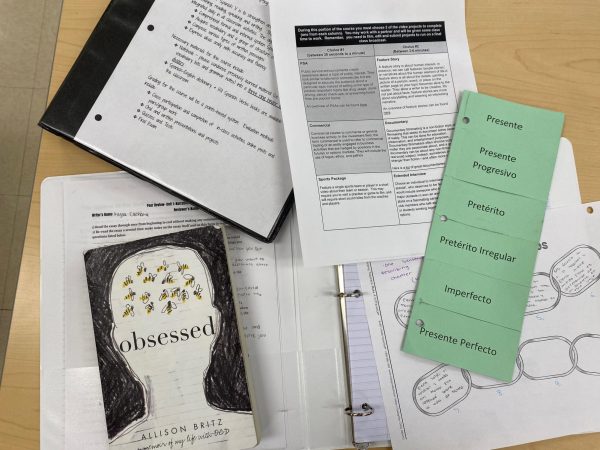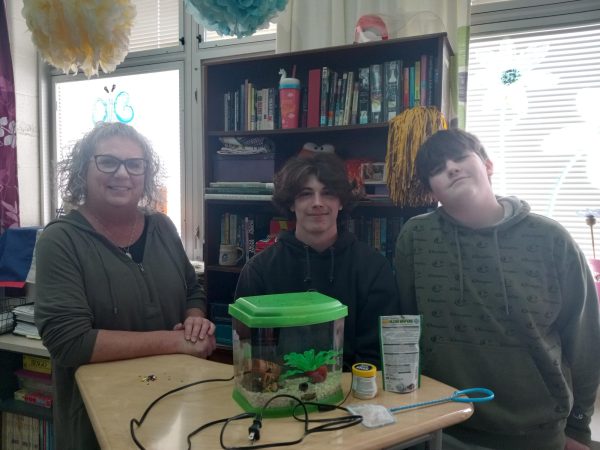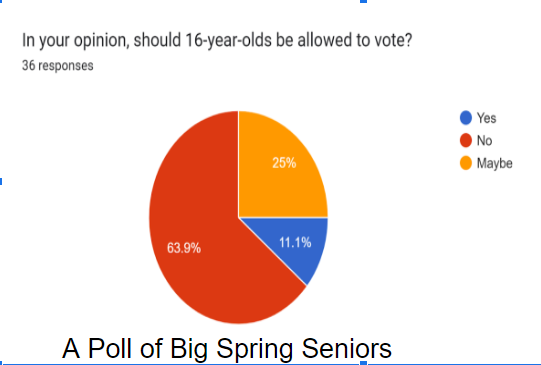Solutions are one thing, answers another
December 10, 2015
It seems that mass shootings have become a daily occurrence in the media. From Columbine High School to the recent shooting in San Bernardino, California. These events have changed from a rare occurrence to something that happens on a daily basis. It seems that every time one of these events happen it causes politicians and media commentators alike to come up with potential solutions to this growing problem. There have been multiple solutions to solve this issue from tighter gun control laws to helping mentally unstable people from committing these crimes.
The most unpopular solution it seems and the easiest is to put heavy regulations on the buying and selling of firearms. This suggested solution has led to a spike in the sale of firearms and ammunition, but will this solution work? The United States has been down this path before, not with firearms, but with alcohol. The 21st amendment tried to ban alcohol altogether, but it proved that if people want something bad enough that they will find a way to get it much like they will with guns.
It seems that most of the people who commit these horrible crimes have some kind of psychological issue. An example of this is the Robert Lewis Dear who recently committed a mass shooting at a planned parenthood clinic in Colorado. His friends and family knew for nearly 20 years that he had mental problems. The state of Colorado should have done something about this man before this happened. That is the common issue among these events the family knows about the need for mental health for the person yet does nothing hoping they straighten out.
This is an issue that has thousand of answers, but an answer and finding a solution are two different things and in today’s society it seems the most outlandish solution to a problem seems to get the most attention. In the end most people won’t care about the answer to the problem as long as it works.









